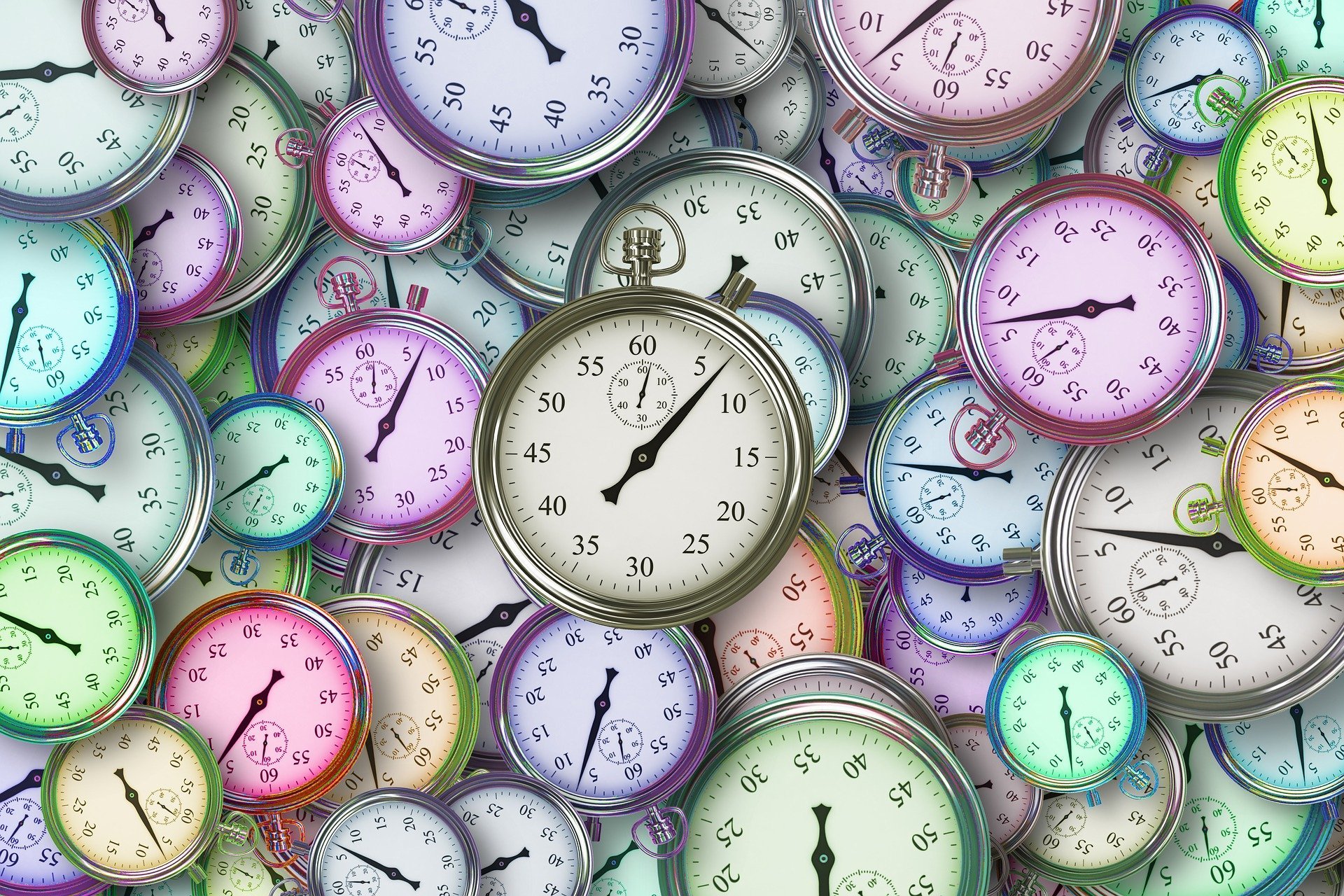With what do you occupy yourself?
In case you're wondering what I'm asking you, let me ask the question another way.
How do you spend your time?
This question is as insightful as it's simple. As I wrote a couple of weeks ago, many of us always seem to be busy. We never have enough time for the many things we'd like to do.
But have you stopped to really consider what you're actually spending your time on?
When you take stock of what you're choosing to allocate your time to, the results may be very revealing. And you really do have the choice to allocate your time in any way you want, even though you may not be consciously exercising it.
I've seen people who are bored out of their existence, who then spend endless time scrolling through Netflix looking for something to watch. I don't think there's anything wrong with trying to relax by streaming content, but it seems we sometimes use behaviors like this as a kind of escape from our real-world problems.
Still, by the time we're done, our problems are still there. We feel worse than we were at the beginning but have wasted valuable time that could have been spent on solving those problems. For most people, the smartphone has become that constant source of distraction that we reach for, even when we don't really have any need for it.
Based on self-reported data from a research, the average person touches their smartphone about 2,617 times each day. Just let that sink in for a moment.
2,617 times every single day!!!
Can you imagine the amount of time we lose every day by doing this?
This is the main reason that I turned off every notification on my phone, except for texts and phone calls. I do that because I don't want that pocket-sized computer dominating every aspect of my existence.
And that's exactly what our smartphones do - dominate our lives. If you think about it, when something dominates your life, it takes up most of your time.
The research on the number of times we touch our phones each day concluded that this habit leads to less productivity, poorer relationships, and memory loss. In short, we're worse off when we allow these devices to take over control of our lives.
There are many approaches to dealing with this, but I'll share just a few simple ones that I’ve found effective.
Schedule device time. Be intentional about planning the times of day you will check your device for messages and notifications. Of course, incoming phone calls could interrupt that, but how many people really use their phones to make calls anymore?
Mute notifications. When your device notifies you of incoming posts or status updates by your numerous "friends" every few seconds, it can be difficult to ignore it. It's better to turn off those notifications. Not knowing about those alerts is a great way to avoid distractions. Ignorance is definitely bliss here. The world won't end if you don't know about and respond to your notifications right away.
Keep your device farther away. Find specific locations away from you, in which to keep your smartphone at home and at work. When the device is always available at arm's length, it's easy to grab a hold of it and get constantly hooked. But when you have to walk a few paces to go get it each time you need it, you'll probably think twice about doing so.
These simple tips will take some discipline to practice daily, especially if your smartphone has already become an easily identifiable appendage. But, you can turn these into habits within a short time if you stick with them.
So, stick with them.
They will keep distractions and busyness at bay, and you'll be surprised to see that you now have more time to spend on creative, life-changing endeavors.
It will change your life.



